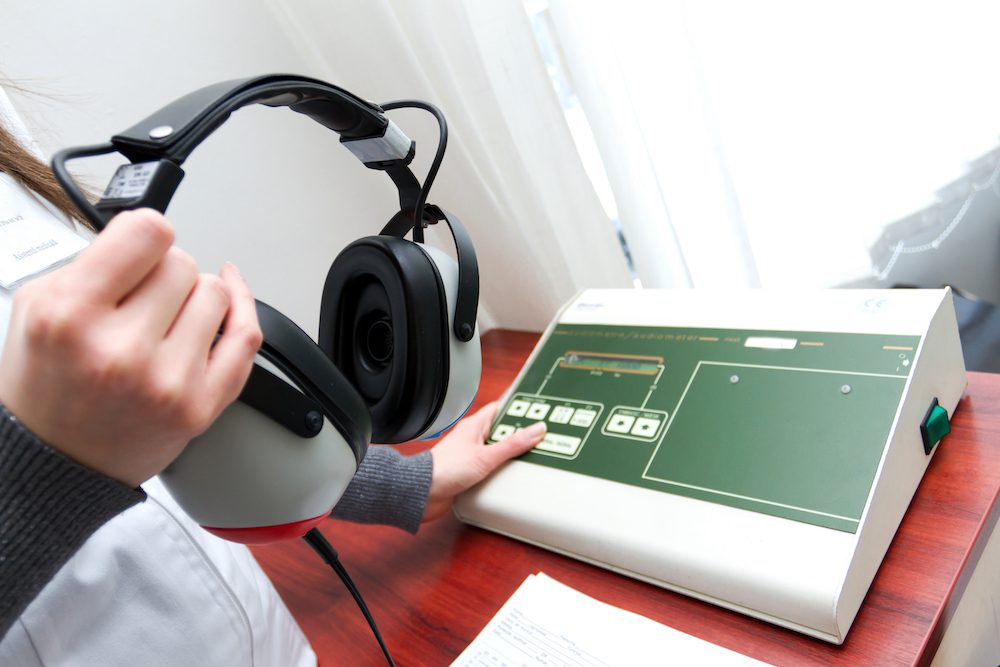
Most people don’t usually ask themselves the question, how often should I have a hearing test? If you find yourself struggling to hear what others are saying to you in conversations, it might signal that you’re experiencing hearing loss.
While it makes sense to have hearing tests when you feel like something is wrong, is it necessary to do so when everything seems fine with your hearing? In short, the answer is yes; regular hearing tests are useful for detecting the early onset of hearing loss.
When Everything Is Fine
You might be thinking to yourself that there is no point in getting a hearing test if your hearing is perfectly fine. The truth is hearing tests are good for screening any potential issues and will help you tackle them now rather than in the future when they might be worse.
Healthy adults aged between 18-40 years should consider getting their hearing tested every three to five years if they aren’t experiencing any issues. Some people may decide to have more frequent hearing tests as they get older, but generally every three to five years is okay.
When There’s a Problem
Some people decide to schedule hearing tests with an audiologist if they experience various tell-tale signs that they might have hearing loss. For example:
- Difficulty understanding what people are saying when there’s a lot of background noise.
- Needing to listen to music louder or turn the volume up on the TV.
- Getting mistaken for being rude because you can’t hear what people are saying if they aren’t facing you.
You might think that a hearing test will just tell you what you already know – that you’re experiencing hearing loss. However, it’s an opportunity to discuss the treatment options available, such as hearing aids, to improve hearing clarity and your quality of life in general.
If There’s a High Risk of Hearing Loss
Another reason why it makes sense to have hearing tests is if you’re in a high-risk category. What constitutes such categorization, you might ask yourself?
Examples include people that work in extremely noisy environments or use tools or machines that produce a lot of noise. Noise-induced hearing loss is almost as common as presbycusis – the medical term for hearing loss experienced in one’s senior years.
What To Expect During a Hearing Test
Generally, there are two types of hearing tests – baseline tests and screening tests.
A baseline hearing test is a comprehensive one you would ideally have in your early 20s, as the last time you’ve had one will have been in grade school. In contrast, a screening test is a quicker one that gets conducted to check if you need more specific or comprehensive tests.
If your audiologist determines that you are experiencing hearing loss, they will discuss your potential treatment options and help you to improve your hearing clarity.
Hearing tests are excellent ways to identify problems with your hearing, and they’re highly recommended for individuals of all ages. You can schedule screening tests with an audiologist, and if they identify any issues, they can recommend the treatment options that will best suit your needs.






